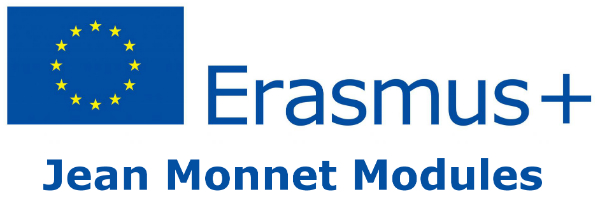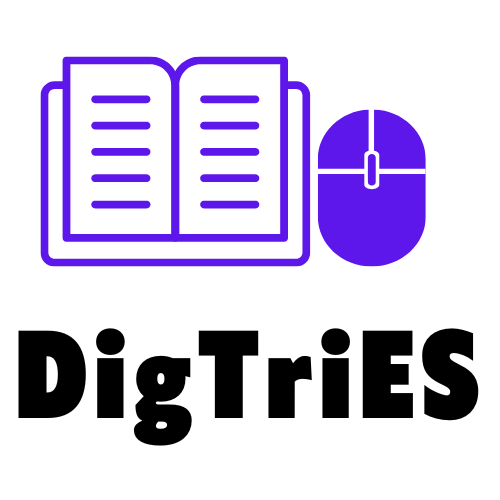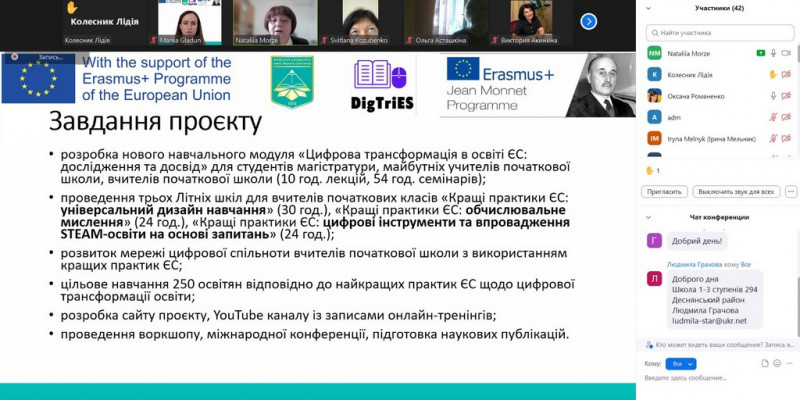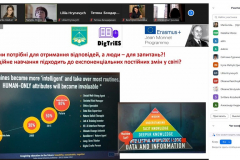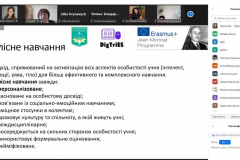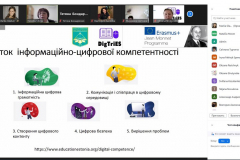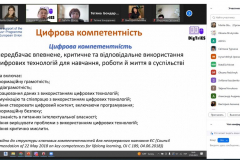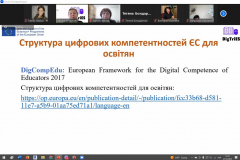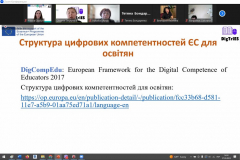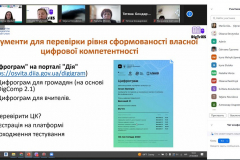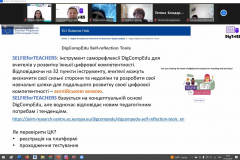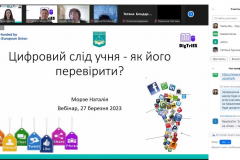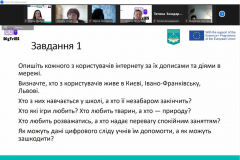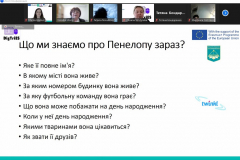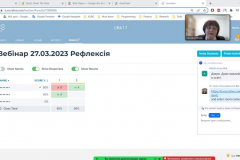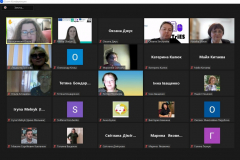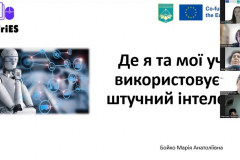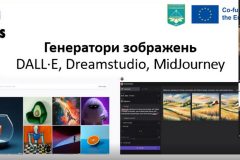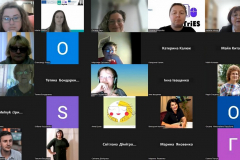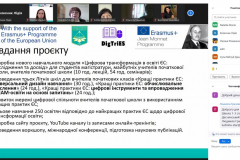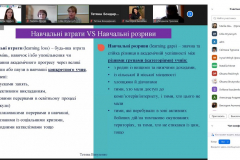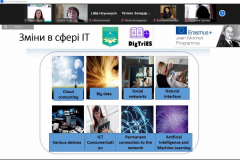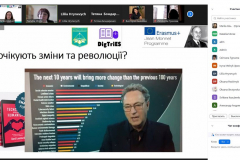On March 27, 2023, the webinar “Why do I need to develop my digital competence?” was held as part of the project “Digital transformation in education: the best studies of the EU” (DigTriES), Erasmus+ (Jean Monnet Module), #10109900. The speakers were: Nataliia Morze, specialist in teaching methods of mathematics and informatics, Academician of the Academy of Sciences of the Higher School of Ukraine since 2010. Corresponding member of the National Academy of Pedagogical Sciences of Ukraine since 2010, Doctor of Pedagogical Sciences, Professor of the Department of Computer Sciences of the Borys Grinchenko Kyiv University; Liliia Hrynevych, Ukrainian educationalist and statesman, Candidate of Pedagogical Sciences, Associate Professor, First Vice-Rector of the Borys Grinchenko Kyiv University; Mariia Boiko, Candidate of Pedagogical Sciences, Associate Professor of the Department of Computer Sciences at Borys Grinchenko Kyiv University; Oksana Strutynska, Doctor of Pedagogical Sciences, Associate Professor of the Department of Computer Sciences of the Borys Grinchenko Kyiv University.
Nataliia Morze, as the project manager, familiarized the participants with the tasks of the project, modern educational trends, demonstrated the importance of understanding the digital footprint, its consequences and role in the life of a citizen of a digital society.
Liliia Hrynevych talked about the role of the digital competence of the teacher during the war and in the post-war development of education in Ukraine.
Oksana Strutynska familiarized the participants with the European experience of digital transformation of education and demonstrated tools for testing one’s own digital competence.
Mariia Boiko talked about artificial intelligence, where it is used, its advantages and disadvantages, and also demonstrated projects where machine learning is used.
79 participants took part in the webinar.
Participants took part in a survey to determine their needs for creating an effective digital educational environment and their wishes regarding the content of summer schools.
All participants rated the webinar as useful and noted that they will apply the acquired knowledge in their own educational activities.
The video recording of the meeting is posted on the project page.
